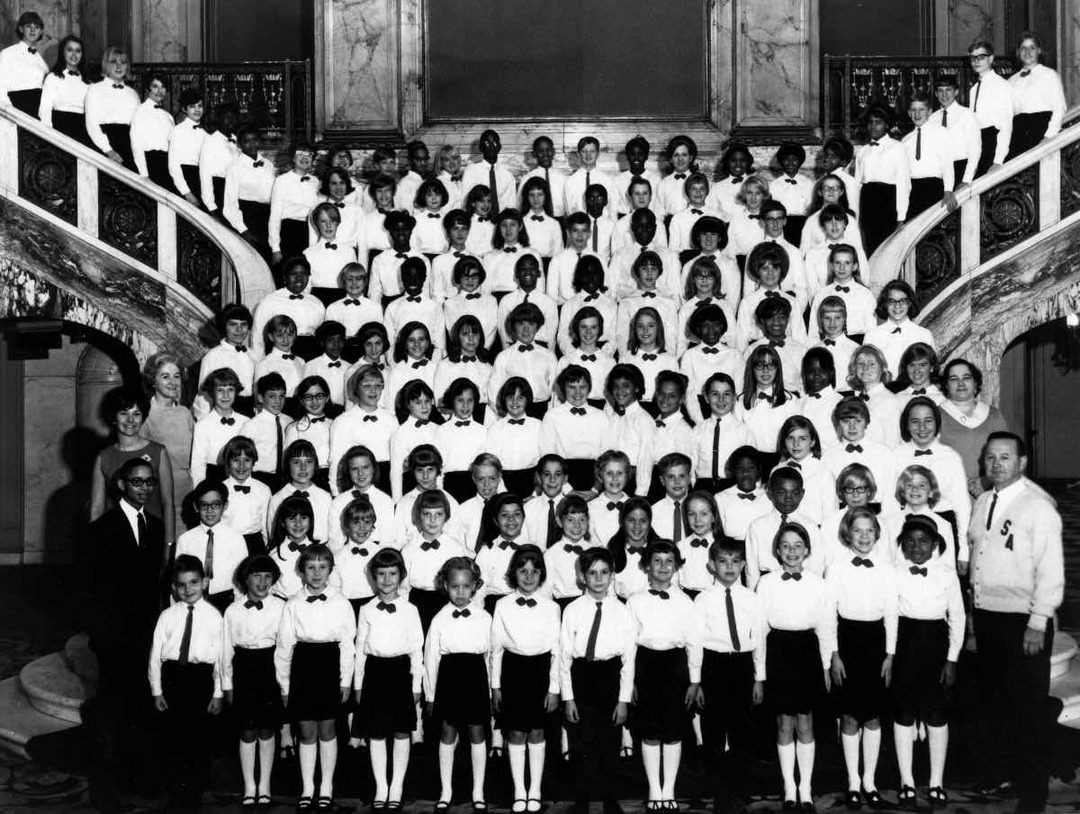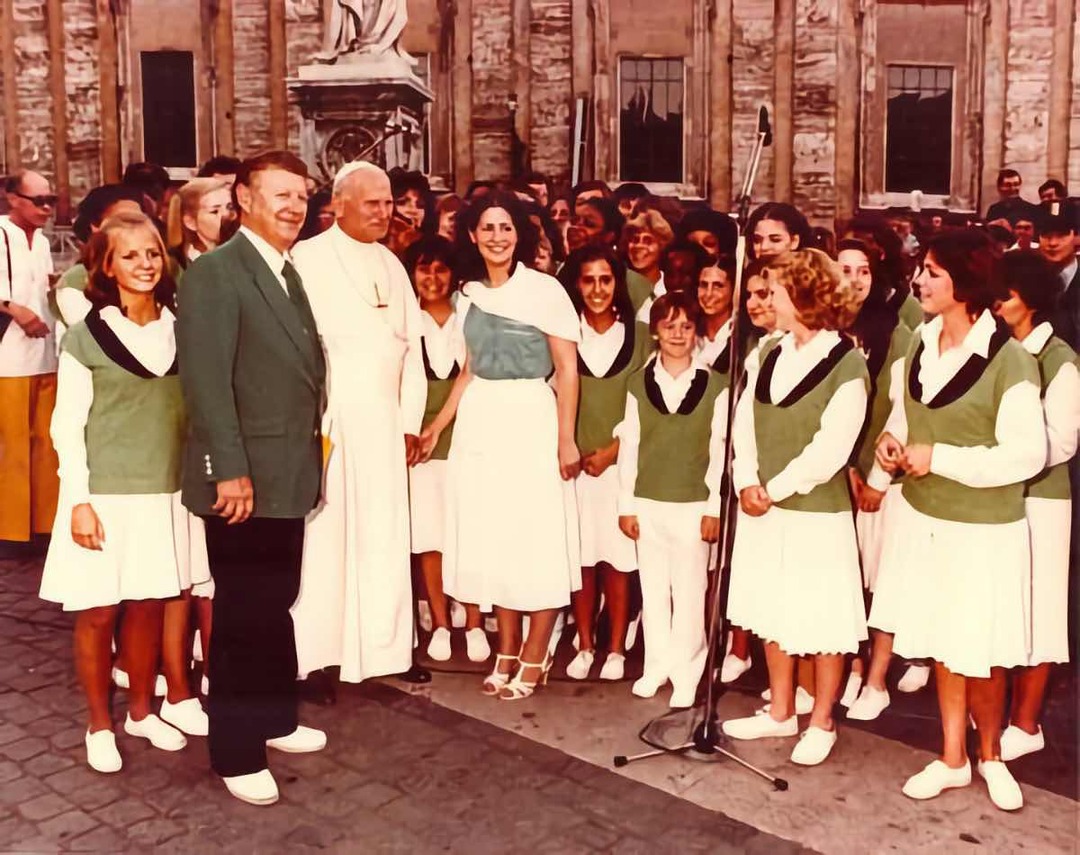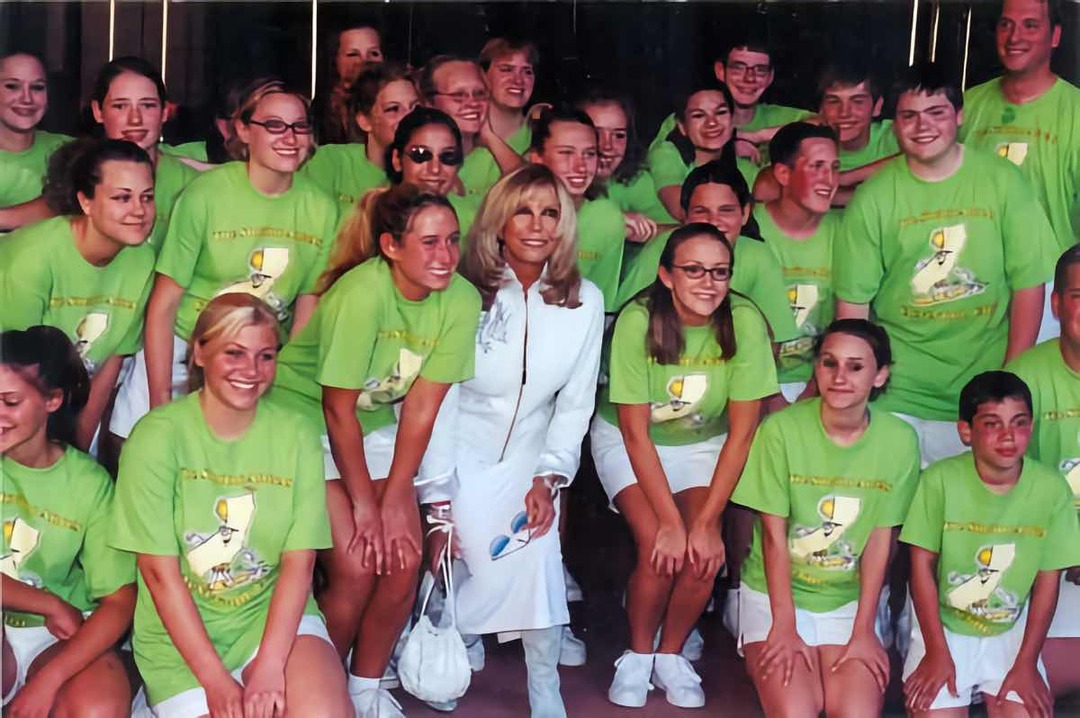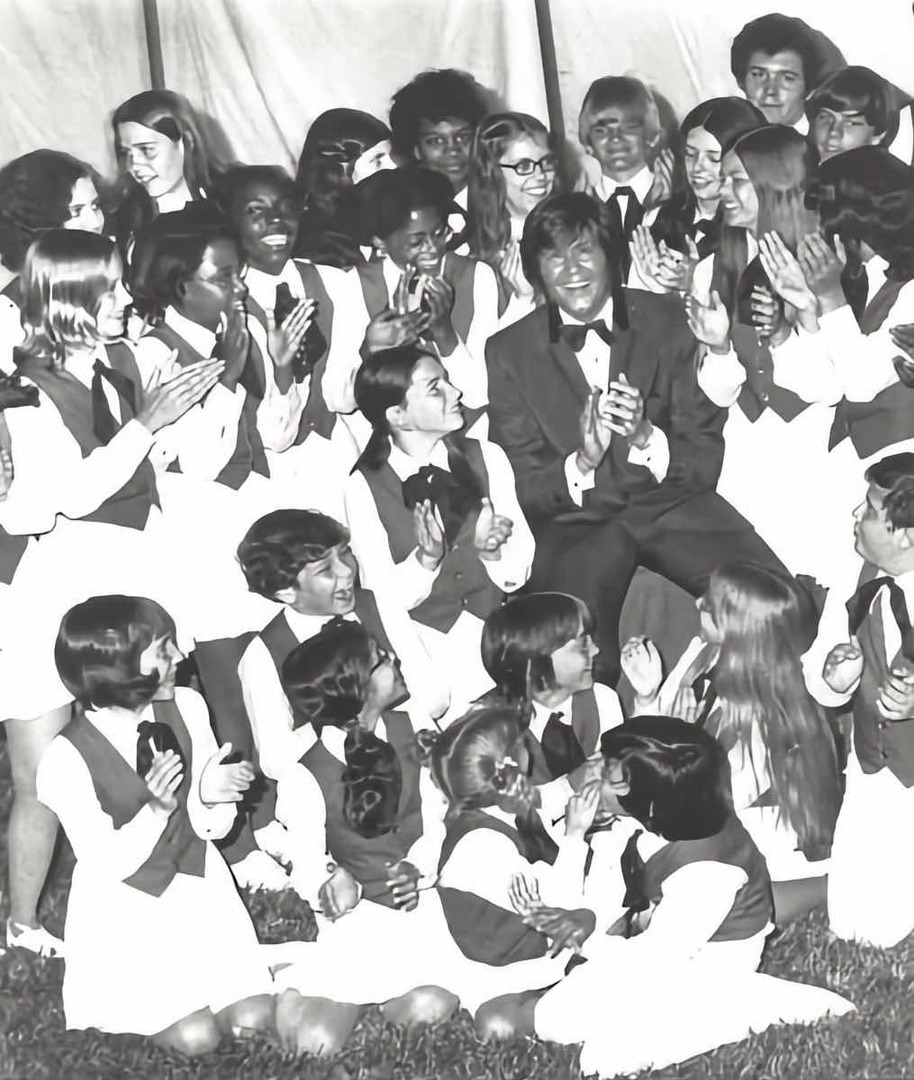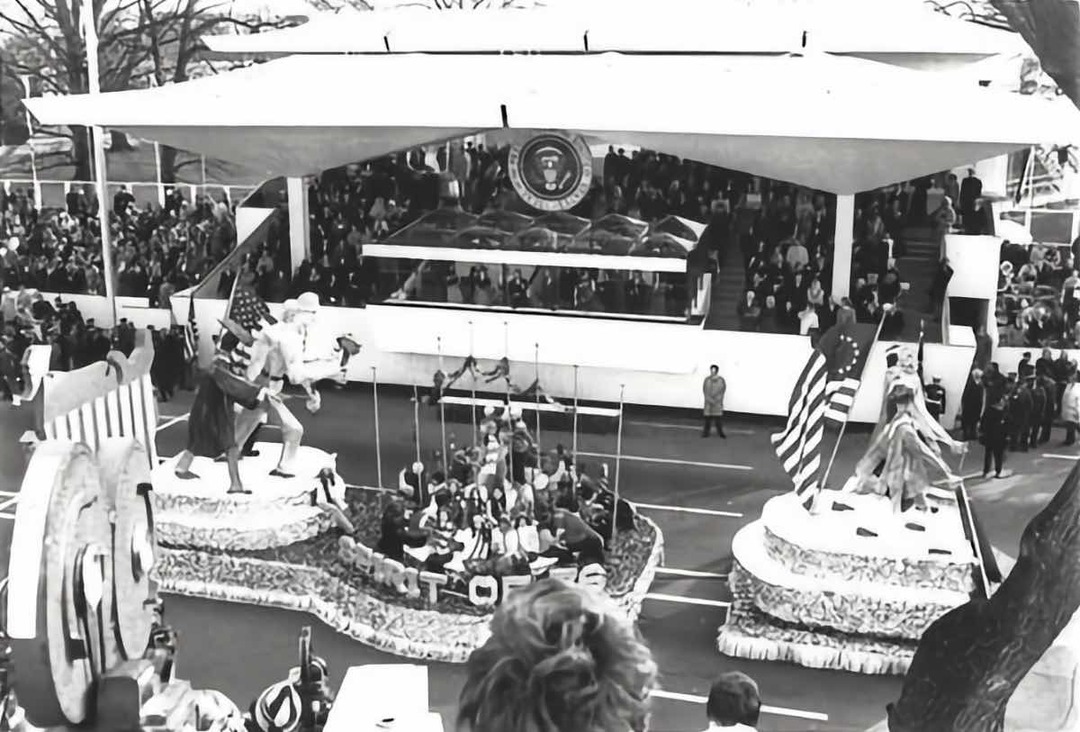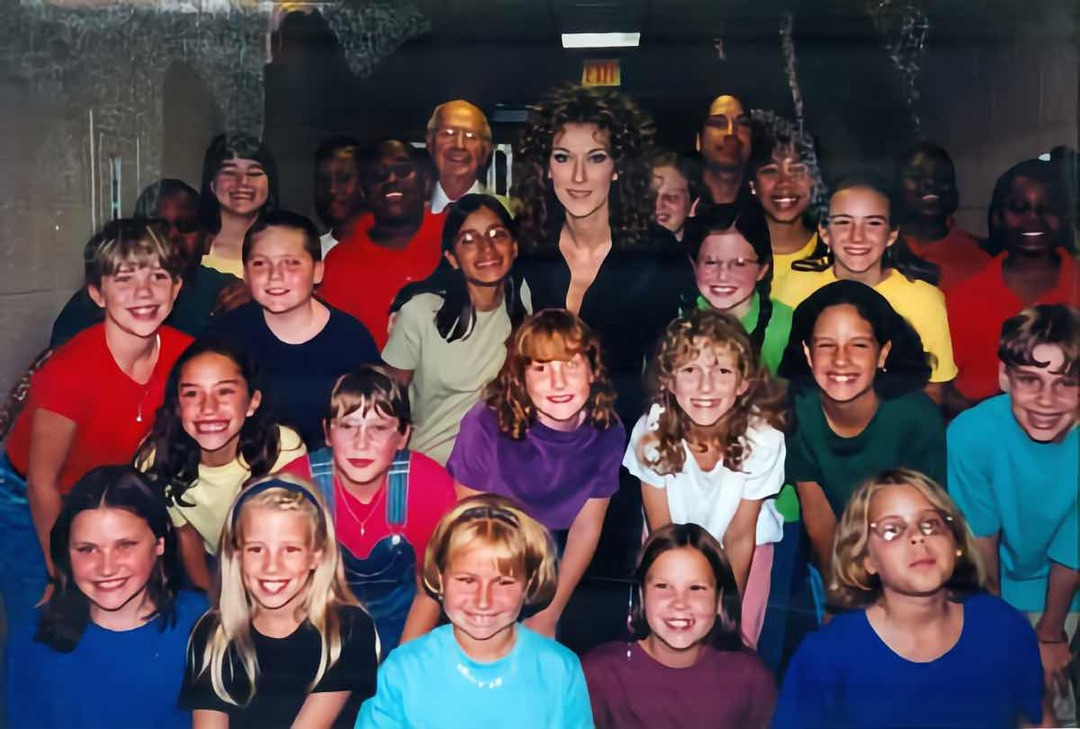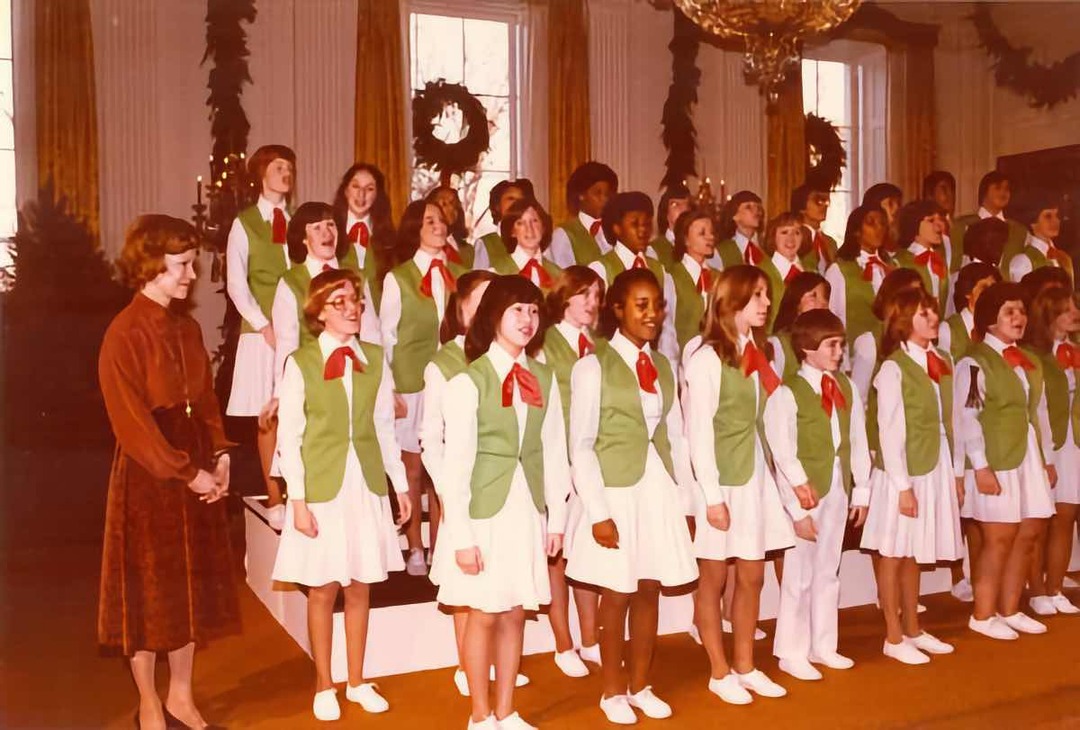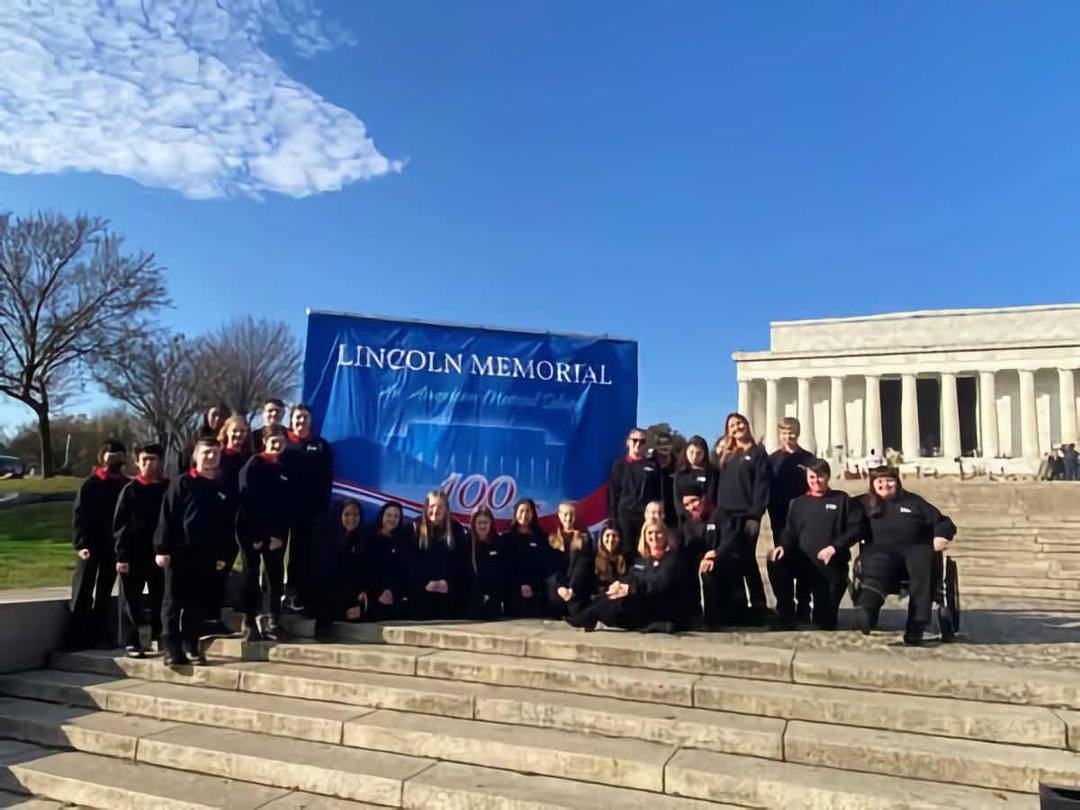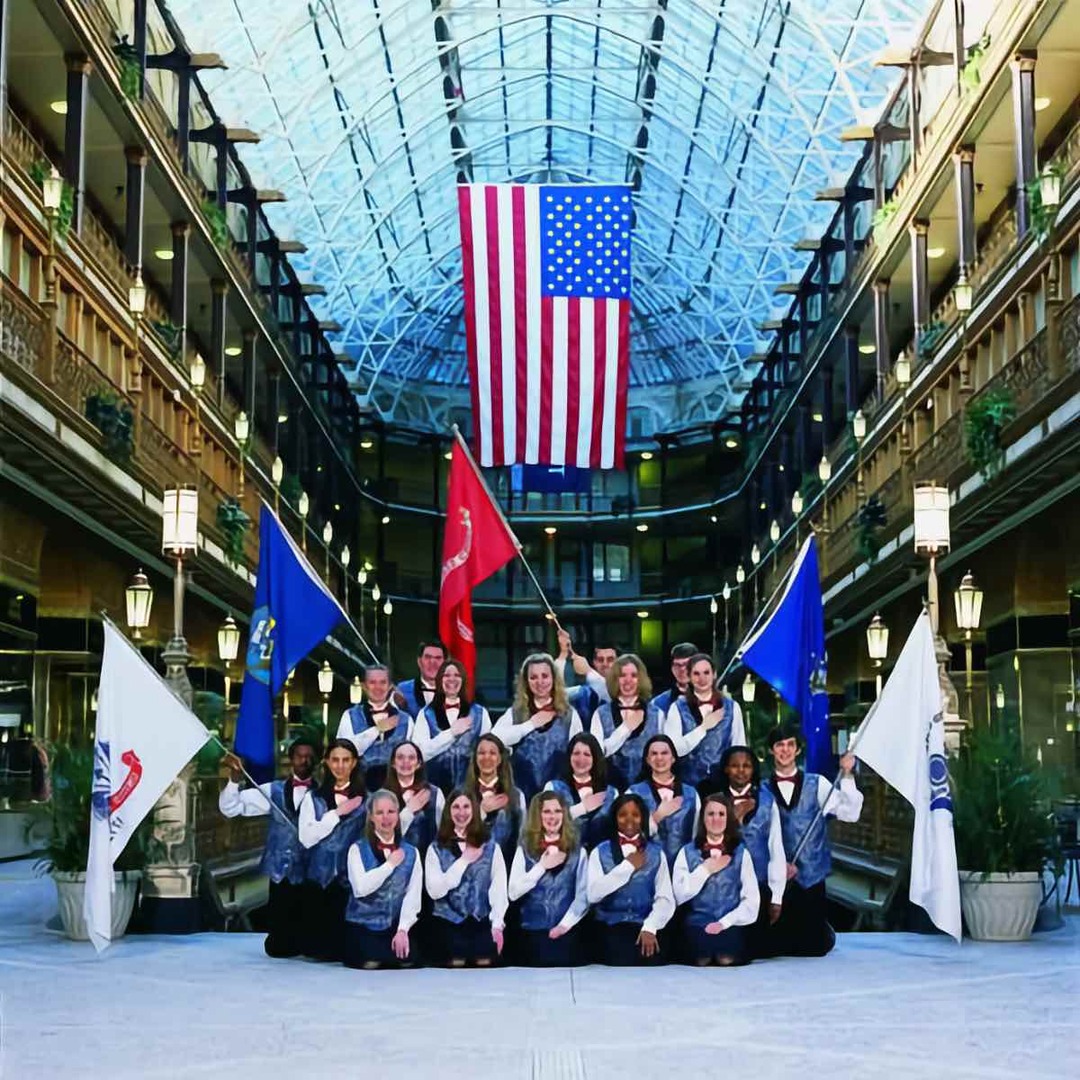
In the hot Italian sun in Rome in summer 2006, a small group of The Singing Angels from Cleveland were packed into the crowd of pilgrims at the Vatican during a Wednesday mass. The Angels were told they would hear their name called over the intercom while all the groups at the Vatican that day were acknowledged in their own languages. When the English announcements were finished, the Angels were disappointed not to hear their choir called out, but they chose to appreciate their opportunity to be in the Vatican. Fifteen minutes passed, and another announcement rang out: “Will the interfaith youth chorus, The Singing Angels, please make their way to the front of the assembly?” To their surprise, Pope Benedict XVI personally had chosen the Singing Angels to perform at the mass. The Singing Angels were able to perform their entire repertoire of religious music for Pope Benedict that day, one of many highlights in the choral group’s more than six-decade history.
William C. (Bill) Boehm, was the founder and original conductor of The Angels, a youth choir that became known as The Singing Angels. Born in 1920 in Cleveland, Boehm earned his BA from Western Reserve University (now Case Western Reserve University). He later pursued a master's degree in Theater. From 1942 to 1948, Boehm served in the U.S. Army as a Captain in the 29th Infantry, stationed in Iceland and England before being honorably discharged.
During his time in the Army, Boehm began to develop a passion for music. In postwar America, youth choruses were becoming increasingly popular. This period saw the rise of show choirs, which were described as “one of our nation’s most precious legacies.” After his military service, Boehm returned to Cleveland and focused on the arts, performing in various leading roles at Cain Park, a popular local theater venue. Despite his success, he began to feel a desire for change in his life.
At the time, Boehm held very traditional views on music, believing that rock and roll had a negative influence on young people. He saw it as harmful, linking it to issues such as drug use and social decay. Boehm once remarked, "If Rock n' Roll could be controlled, it could be compelling, but it's not. It's devastating and crippling. It's related to drugs and killing and depravity." Concerned about the growing popularity of rock music and its potential harm to children, Boehm sought to create a positive alternative.
Boehm’s idea was to form a youth choir that would focus on providing young people with a wholesome musical experience. He believed that good music could have a profound impact on children, encouraging them to express themselves creatively while avoiding the negative influences of rock and roll. With this vision in mind, Boehm reached out to an acquaintance who suggested he contact the Cleveland Friends of Music to sponsor his idea. They agreed to support the initiative, if he could sell tickets for the concerts. Boehm, confident in his concept, moved forward with the project, and thus The Singing Angels was born.
The choir was designed to offer children an opportunity to engage with classical and choral music. Boehm envisioned a group where young people could develop their musical talents, learn discipline, and experience the joy of performing. He worked tirelessly to ensure that The Singing Angels would be a success, not only as a musical ensemble but as a positive community force for the youth involved.
Over the years, The Singing Angels grew in popularity and gained recognition for their high-quality performances. Boehm's selection of music for the group covered several genres, including beautiful religious pieces, classical choices, Broadway hits, and some music from popular culture, but The Singing Angels excel at barbershop harmony. "Barbershop music is one of the few genuine American art forms [and] The Singing Angels are the only youth choir in America to do barbershop harmony." Under Boehm’s leadership, the choir performed for a variety of audiences and events, further solidifying its reputation as an important cultural institution. Boehm’s commitment to the children and his belief in the power of music as a force for good were central to the choir’s mission.
From the beginning, the Angels have rehearsed on Saturdays, first at Cleveland's YWCA. When the choir rapidly outgrew the space provided, they found a home at the Masonic Temple in downtown Cleveland until 2017, when the building was sold, and again, they needed to find a new location. Now, their rehearsal space resides in Cleveland's Old Brooklyn neighborhood.
The two most significant concerts of each performing season were performed at Playhouse Square in either the Allen, State, or Palace Theaters, depending on the year. The Angels also performed on local television and special programs with big stars such as Wayne Newton, Audrey Hepburn, Celine Dion, Bob Hope, and The Barenaked Ladies. They have performed for several presidents at the White House, including being invited to be in President Nixon’s inaugural parade and being the youth chorus chosen for the 2006 National Tree Lighting Ceremony with Ertha Kitt, Cathy Rigby, Bj Thomas, and John Connerly. The Angels often performed on local news programs, like channels 5 and 8, during the early morning shows, and when broadcasts ended every day before twenty-four-hour television, The Singing Angels sang the sign-on in the morning and the sign-off at night.
Boehm’s dedication to music and his passion for guiding young people were evident in his work with The Singing Angels. Through the choir, he hoped to instill in young people not only musical skills but also important values such as teamwork, responsibility, and the importance of pursuing excellence. His vision was not just about creating talented musicians; it was about shaping well-rounded individuals who could make a positive impact on society.
Though Boehm’s traditional views on music often set him apart from others in the industry, his work with The Singing Angels proved to be both innovative and impactful. The choir became an enduring legacy, demonstrating the power of music to inspire and uplift the next generation. Boehm’s unwavering belief in the potential of young people and his commitment to providing them with the tools to succeed made him a respected figure in the music community.
William C. Boehm’s creation of The Singing Angels was born from his desire to offer children an alternative to the negative influences he associated with rock music. His vision was to provide young people with an opportunity to learn and perform high-quality music while promoting values of discipline, teamwork, and personal growth. Under Boehm’s leadership, The Singing Angels became a beloved and respected institution, leaving a lasting impact on the Cleveland community and beyond.
Images


